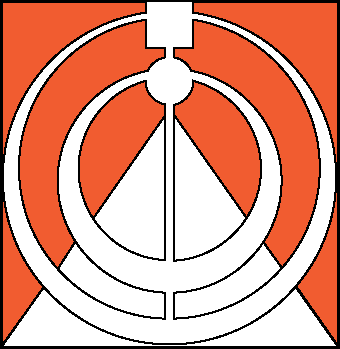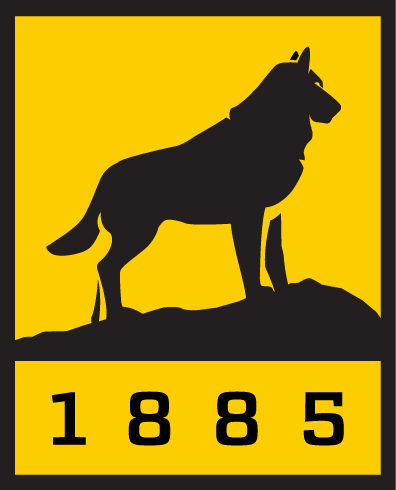Summer Workshops Put Mi-STAR on Track to Launch Six New Science Units This Year
Thursday, October 6, 2016
Good news for middle-schools looking for a curriculum that meets the Next Generation Science Standards (NGSS): the Mi-STAR (Michigan Science Teaching and Assessment Reform) team is on track to pilot six classroom-ready units in the 2016/2017 school year.
Twenty-two teachers from 14 districts throughout the state worked with curriculum developers, scientists, and engineers this summer at Michiga
n Technological University, Saginaw Valley State University, and Grand Valley State University. During three weeks of intensive workshops and a period of remote collaboration, they developed the core content of two units at each middle grade level, working from frameworks that teams prepared over the 2015/2016 school year. The units engage students in learning science concepts and practices through real-world challenges, which involve:
- Managing land to promote the health of water systems
- Managing invasive species
- Harnessing energy from wind and water
- Improving efficiency in the life cycle of materials
- Improving human safety with respect to natural hazards
- Reducing the potential for human impact on global climate
All of the teachers completed the Next Generation Science Exemplar system of professional development (NGSX), to incorporate tools and strategies for NGSS-aligned education into curriculum design. After the first two weeks of workshops, the teachers returned home to work on their units, then came back for a final week of face-to-face review and refinement of the resources they developed.
“These dedicated a
nd passionate teachers are at the heart of Mi-STAR†said Brenda Bergman, Director of Research and Operations. “Their enthusiasm for this approach to teaching and learning is inspiring. We owe teachers a huge debt of gratitude.â€
For their part, the teachers were pleased to be able to contribute. “I'm very excited to be part of a curriculum that will help students learn science using a fun, best-practice approach,†said a teacher working on an 8th grade unit. “I was very blessed with the team I worked with and am proud of the unit we created.â€
Said another, “Thanks for all your hard work on behalf of teachers and students in Michigan. Thanks also for a wonderful experience—you've made me feel valued as a teacher. The facilitators have been incredible: helpful, encouraging, and
patient. I'm so excited about the units I worked on this summer, and I can't wait to see them implemented. . . . I am a better teacher for being part of this project.â€
The six units will be piloted this year in Michigan classrooms and finalized based on feedback from teachers. Within the next two years, Mi-STAR aims to complete an entire 22-unit middle-school science curriculum. The ultimate aim is to better educate a generation of Michigan citizens, not only by providing a deeper understanding of science and engineering, but also by developing the critical thinking skills they need to meet the challenges of the 21st century.
GET Mi-STAR NEWS BY E-MAIL!
Copyright © 2026 Mi-STAR
Mi-STAR was founded in 2015 through generous support provided by the Herbert H. and Grace A. Dow Foundation. Mi-STAR has also received substantial support from the National Science Foundation, the MiSTEM Advisory Council through the Michigan Department of Education, and Michigan Technological University.




















